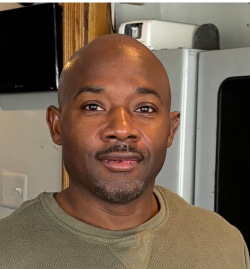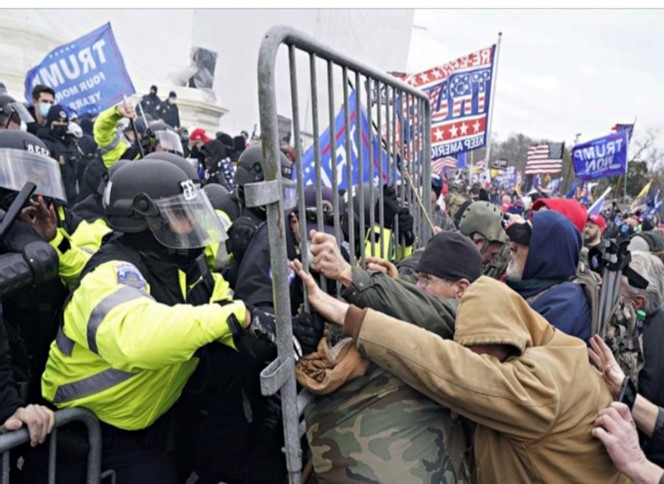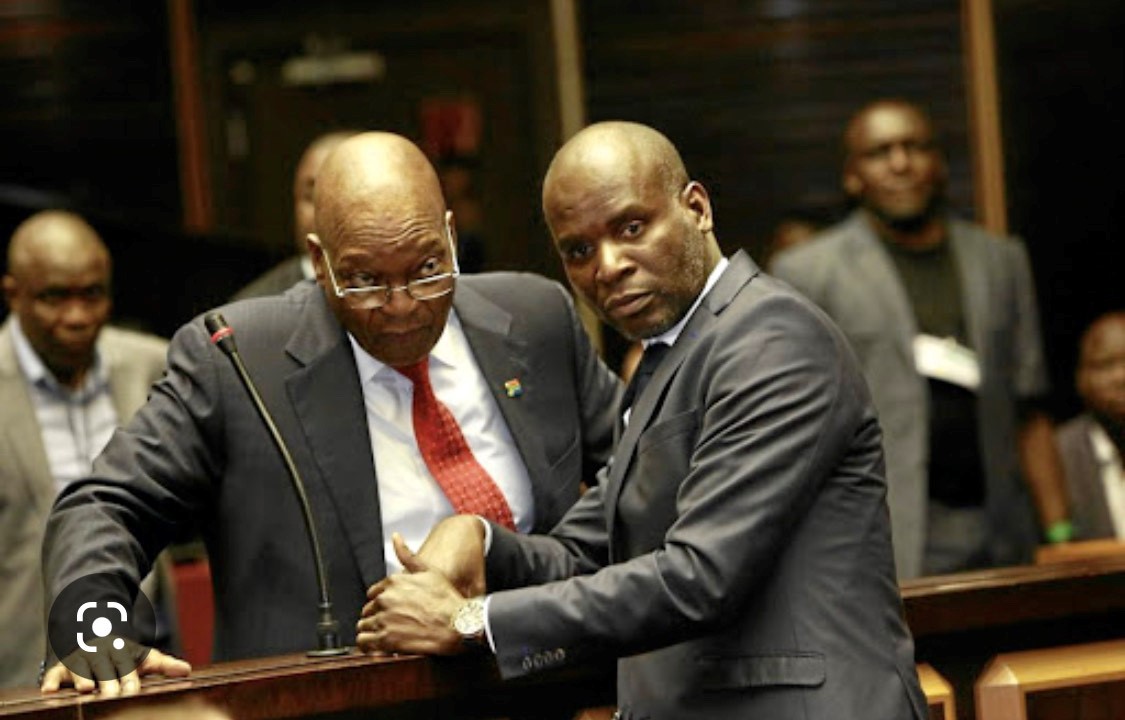

Dennis Boatwright, II
Political Activist

Africa's democracy streak offers lessons for the West
Last month presidential candidate William Ruto won Kenya’s national elections, and on Sept. 13 former president Uhuru Kenyatta peacefully handed over power to the newly elected president. Though Ruto (50.5%) barely edged out his biggest challenger, ex-prime minister Raila Odinga (48.8%) in a hard-fought contest, no angry mob of police officers, fireman, elected officials nor militiamen stormed the National Assembly claiming voter fraud as did happen in Washington D.C. in on Jan. 6. 2021.

Yet hardly any news sources noted this inspiring development. One reason for the media silence is Kenya’s peaceful transfer of power debunks colonial narratives used by Western nations to justify intervention. In order to deploy troops—say in Africa--first the West needs to prime its citizens. A classic method is to make them believe people of African descent, especially those living on the continent of Africa, are philosophically and emotionally unable to rule themselves. This explains why most non-Blacks assume that African societies are cursed by lawlessness and incivility, and that coups and assassinations are acceptable modes of acquiring power. Hence, it is easy to understand why most non-Africans believe that the popular will of voters are not respected in Africa. This misperception leads many to imagine military generals siting on uncontested thrones of power.
This common notion was shown not to be true last year when presidential aspirant Hakainde Hitchelema captured 59-percent of the vote, outing incumbent Edgar Lungu, to become the President of Zambia. When election results were announced angry mobs did not descend upon the National Assembly of Zambia. Election watchers reported an incredible seventy percent of Zambians went to the polls; a percentage higher than the 68-percent voter turnout in the United States in 2020. And it must be noted that the US’s biggest ally, Britain, has had four prime ministers in the last five years. This political volatility is becoming the mainstay of the West.

In fairness, Africa has problems like the other 194 nations. But parts of Africa are getting their acts together. For instance, last July former South African president Jacob Zuma was arrested and held accountable for corruption during his eight years in office. As democratic guardrails are erected in Africa corruption will be minimized and more autocrats will be replaced with leaders who are at the service of the people who elected them.
*Dennis S. Boatwright is the host of the upcoming Pan African Journal and the director of the Center for Pan African Studies, a think tank located in the city of Detroit. www.centerforpanafricanstudies.org. Office number: 313 397-8159, dsboatwright43@gmail.com
Posted: Thu, Sep 29, 2022









